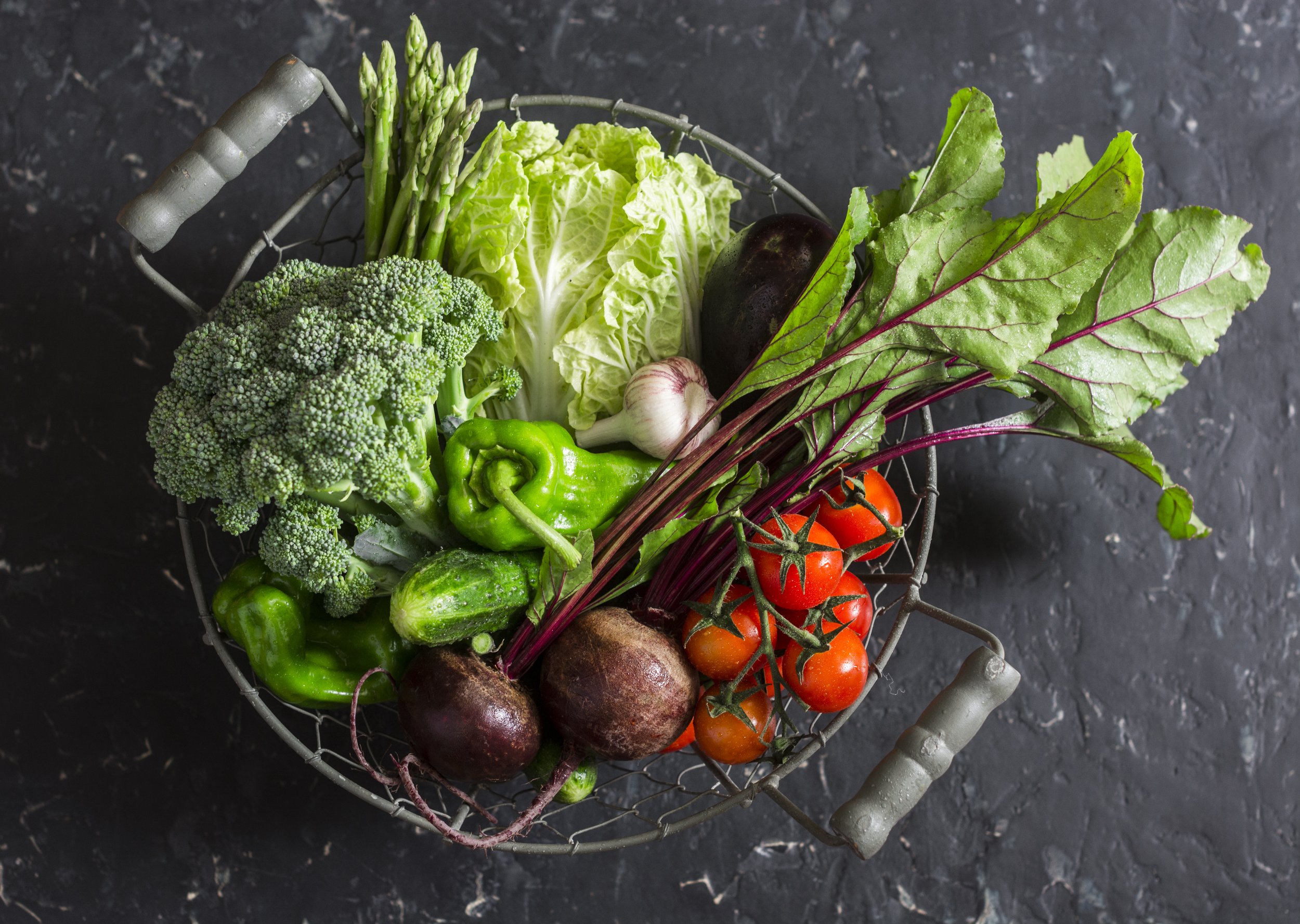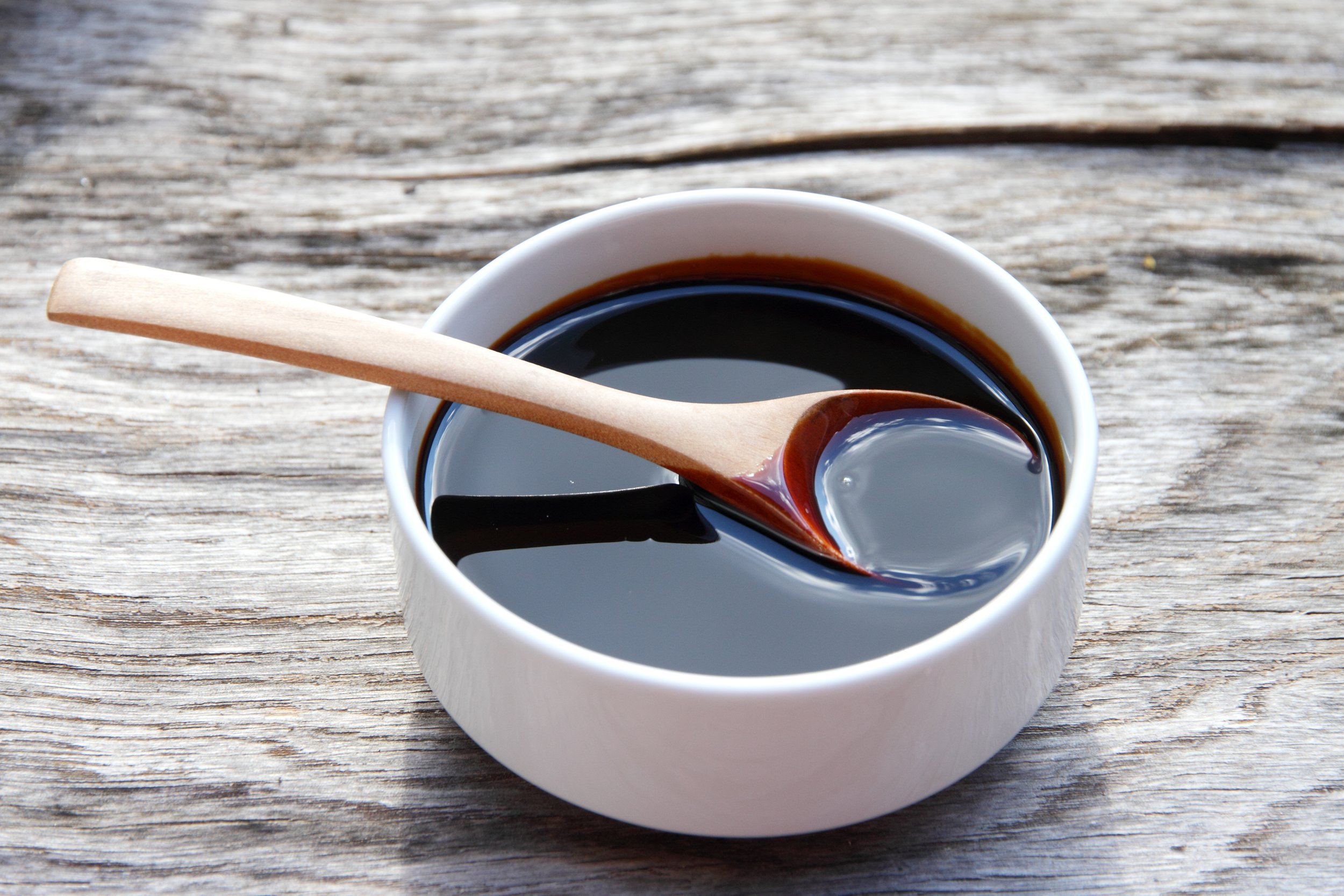As we move through the darker, colder months, for many folks out there, the winter season comes with concerns for maintaining a positive, healthy mental state. What we advocate for in Holistic Health & Functional Medicine, is to be preemptive and preventive as much as, and whenever, possible. If you know that the darker months of winter brings about the challenge to stay positive and healthy in mind and body, it’s a good (perhaps imperative) time to start thinking about what your most difficult challenges have been in the past, what has helped pull you through, and how your intentions might be different this time around.
While we all seem to know that there are lifestyle habits and behaviours that help, and foods/meal practices that are beneficial also, it is common place to lose sight of these things when the constant demands of life gets in the way. This is why it can be so important, and sometimes life changing, to spend some time thinking through what approaches might work for you and how you can choose to prioritize them NOW.
As I have many friends and family members that are challenged with various degrees of depression, and have supported many clients who share this challenge, I understand the need for regular reminders and continued support throughout all the seasons, but particularly the harder ones. I also know that in every inspirational intention, every offer of education and information sharing, and every sentiment of encouragement, there are small nuggets of wisdom that reach someone who really needs it.
So let’s get to it!
Because Holistic Health means to come at the imbalance from ALL SIDES and to consider the person as a whole (body, mind, emotional being, spirit), there are THREE AREAS I want to focus on here: Dietary Strategies, Supplement Considerations, & Lifestyle Modifications.
Dietary Strategies to Prevent Depression
MAINTAIN STABLE BLOOD SUGARS: There is strong, consistent research & evidence connecting blood sugar imbalance & instability with increased risk for development of depression and anxiety. This is one of the easiest AND cheapest ways to work to prevent mood swings, brain fog, and energetic spikes & crashes, which can all increase your chances of developing or furthering depression.
Eat Regularly Throughout the Day - every 2-3 hrs
Aim to Balance Your Macronutrient Intake - adequate carbs, protein, + fat
Steer Clear of Refined Sugars & Processed Foods - blood sugar nightmare
Stick to Low Glycemic Index Carbohydrates - Glycemic Index Chart for reference
ENSURE ADEQUATE OMEGA 3s: Our brain is made up of 60% fat and 1/4 of the dry weight of your brain is made up of Omega 3 (DHA). Proper levels of the right fats can greatly affect overall function of the brain and long-term brain health. Omega-3s can travel easily through the brain cell membrane and interact with mood-related molecules inside the brain. They also have anti-inflammatory actions that may help relieve depression. Most diets consist of a 40:1 Ratio of Omega 6:Omega 3. The Optimal ratio we are looking for is a 3:1. Reducing refined oils and foods high in Omega 6 oils, and increasing intake of Omega 3s can greatly influence overall brain health, as well as impact risk of depression.
High Omega 3 Foods Include: Cod Liver Oil, Mackerel, Salmon, Herring, Oysters, Sardines, Flaxseeds, Chia Seeds, Walnuts, Soybeans
Omega 6 Oils to Avoid: Canola, Safflower, Sunflower, Soya, Peanut, Corn, Grapeseed, Vegetable, Hydrogenated/Partially Hydrogenated Oils
EASY IDEA: Add 1 - 2 Tbsp of Freshly Ground Flaxseed to Your Daily Smoothie
INCLUDE ANTI-INFLAMMATORY FOODS REGULARLY: Inflammation may actually be the underlying cause of such high rates of depression and our societal struggle to get on top of so many cases. Symptoms of Inflammation include: brain fog, unclear thoughts, low brain endurance, slow & varied mental speeds, loss of function after trauma, brain fog after meals, brain fog from scents, chemicals, & pollutants. Body inflammation impacts the brain and brain inflammation impacts the body, so inflammation anywhere can influence your risk for depression. Including foods that are anti-inflammatory regularly can be your secret weapon to keeping the inflammation at bay. Read more about Brain Inflammation Here.
Anti-Inflammatory Foods to Eat Often: berries, broccoli, avocado, leafy greens, turmeric, olive oil, garlic, ginger, tomatoes, cherries, nuts, seeds, seaweeds, blue/green algae, dark chocolate, herbal teas: rooibos, rosehips, chamomile, ginger, dandelion, Spices: turmeric, black pepper, chili, cinnamon, cloves, ginger, rosemary
Inflammatory Foods to Reduce: sugar, cooking oils (corn, cottonseed, safflower, soy, sunflower, canola, vegetable), trans fats, dairy products, white flour/refined grains, excessive alcohol, fried foods, red & processed meats, candies/store bought chocolates, baked goods
2. Supplements that Might Make a HUGE Difference
Supplement Disclaimer: While it’s always the ideal approach to use food as medicine first and foremost, sometimes we can use a little clinical support through strategic supplementation. I will first mention that it’s important to work with a Health Professional to help you find the right supplements, in the proper form, and in the appropriate dosage for YOU, in order to get the benefits that you hope for through the use of supplementation.
5-HTP: 5-hydroxytryptophan is a chemical that the body makes from tryptophan (an essential amino acid). After tryptophan is converted into 5-HTP, the chemical is converted into the neurotransmitter serotonin (responsible for relaying signals between brain cells). 5-HTP can help raise serotonin levels in the brain and can be as effective as SSRIs, as it crosses the blood brain barrier and can increase serotonin conversion by up to 70%. Since serotonin helps regulate mood and behavior, 5-HTP may have a positive effect on sleep, mood, anxiety, appetite, and pain sensation, and therefore be very beneficial to prevent or reduce depression.
SAMe: S-Adenosyl-L-methionine is made in the body from methionine, an amino acid found in foods, and has been found to regulate key functions in living cells. SAMe increases serotonin, dopamine, and phosphatides; can have as great a response as antidepressants and has had promising results in clinical trials.
GINGKO BILOBA: A powerful herbal supplement that enhances oxygen and glucose utilization by the Nervous System. It improves circulation to the brain, is a powerful antioxidant that is protective for brain health, and inhibits b-amyloid deposition (which increases aging and deterioration of the brain). It’s role in preventing symptoms of depression include improved cognitive function and improved blood circulation to the brain.
ST. JOHN’S WORT: The most thoroughly researched natural antidepressant, St. John’s Wort modulates serotonin reuptake, positively affects several other neurotransmitter functions, calms the adrenals, can improve quality of sleep, and is a powerful antioxidant.
VITAMIN D: Deficiency is highly correlated with increased risk of depression. Vitamin D plays critical roles in hormone formation and modulation, nerve growth factors, and it’s deficiency is associated with most mood disorders.
FOLIC ACID + B12: Both low folate and low vitamin B12 status have been found in studies of depressive patients, and an association between depression and low levels of the two vitamins is found in studies of the general population. About 35% of our population and up to 92% of our elderly population is deficient in Folate. Vitamin B12 deficiency is significantly associated with increased symptoms of depression.
OMEGA 3s: There are a number of studies indicating that omega-3 fatty acids are proving to be very effective against the treatment of major depression disorder and other psychiatric disorders. Omega 3s are important for normal metabolism, cell signaling, and structure of the cell membrane. Increasing the quantity of DHA in the brain is linked with higher neurogenesis in the hippocampus, positively affecting learning and memory, and reducing symptoms of depression.
3. Lifestyle Habits & Behaviours that Cost You Nothing & May Change Everything
EXERCISE: The absolute BEST and CHEAPEST way to reduce symptoms of anxiety and depression is to include daily exercise. Studies are now concluding that exercise can be AS EFFECTIVE at treating depression as drugs (SSRIs and others) and psychotherapy! Daily movement, whatever feels right for you, is imperative to a solid, Holistic Approach, to working with depression. The only thing required is a little effort and motivation. What I often suggest to clients who struggle getting started on a movement regime is to either buddy up with a friend who needs a little kick in the butt too, or sign up for a local class, pay for it so that you are held accountable, and reap the benefits of not only the movement, but the connection as well.
TIME OUTDOORS: Nature heals. Nature energizes. Nature connects us to the world around us beyond our immediate life. Spending time outdoors, no matter the weather, no matter time-constraints, no matter what you are doing, can have great benefits to your mental health. Aim to spend time outdoors AT LEAST 1 hour/day and for much longer increments on the weekends. It’s FREE, nurturing, and will fill your lungs and mind with fresh air & a new perspective on life!
SLEEP: A continuing struggle for so many people out there, we not only seem to struggle to get enough sleep and spend enough time in bed, but we struggle with sleep quality. Your sleep quality affects ALL OTHER ASPECTS of your life and can affect your overall health long-term. Aim for 9 hours in bed - 8 of sleep. Look at putting some energy into a better sleep routine, avoid screens in the bed or close to bedtime, avoid/reduce alcohol & caffeine, and try some sleep meditations before you drift off. More on Sleep HERE.
PASSION PROJECTS: I work with many clients who struggle with Dysfunctional Eating & Eating Disorders and a common underlying theme seems to be a loss of sense of self and a loss of passion for life. Similarly with those who are challenged with Mental Health (and all human beings for that matter), finding hobbies, crafts, creativity, community contributions, and other activities that fill you up with excitement and passion is CRITICAL for recovery and to improve positivity and overall life-enthusiasm. Think about things that light you up and make you feel energized and excited - these are things you need to spend more time doing and acting on. Make room in your life for your passion projects, share them with others, and see if they may lead you towards other life avenues that make you feel good in your body and mind.
While so many folks out there are challenged with depression and the numbers continue to climb, it doesn’t mean that we are powerless to prevent it or manage it. There are SO very many ways to help support yourself and your loved ones through the darker, more challenging times. May you find a few nuggets of wisdom and encouragement here.
With love & in great health ♡
Cindy
Resources
Glycemic Variability Impact on Mood and Quality of Life
5-HTP & Depression
SAMe & Depression
Gingko Biloba & Depression
Vitamin D Deficiency & Mood Disorders
Folic Acid, B12 & Depression
Omega 3, DHA, & Depression






